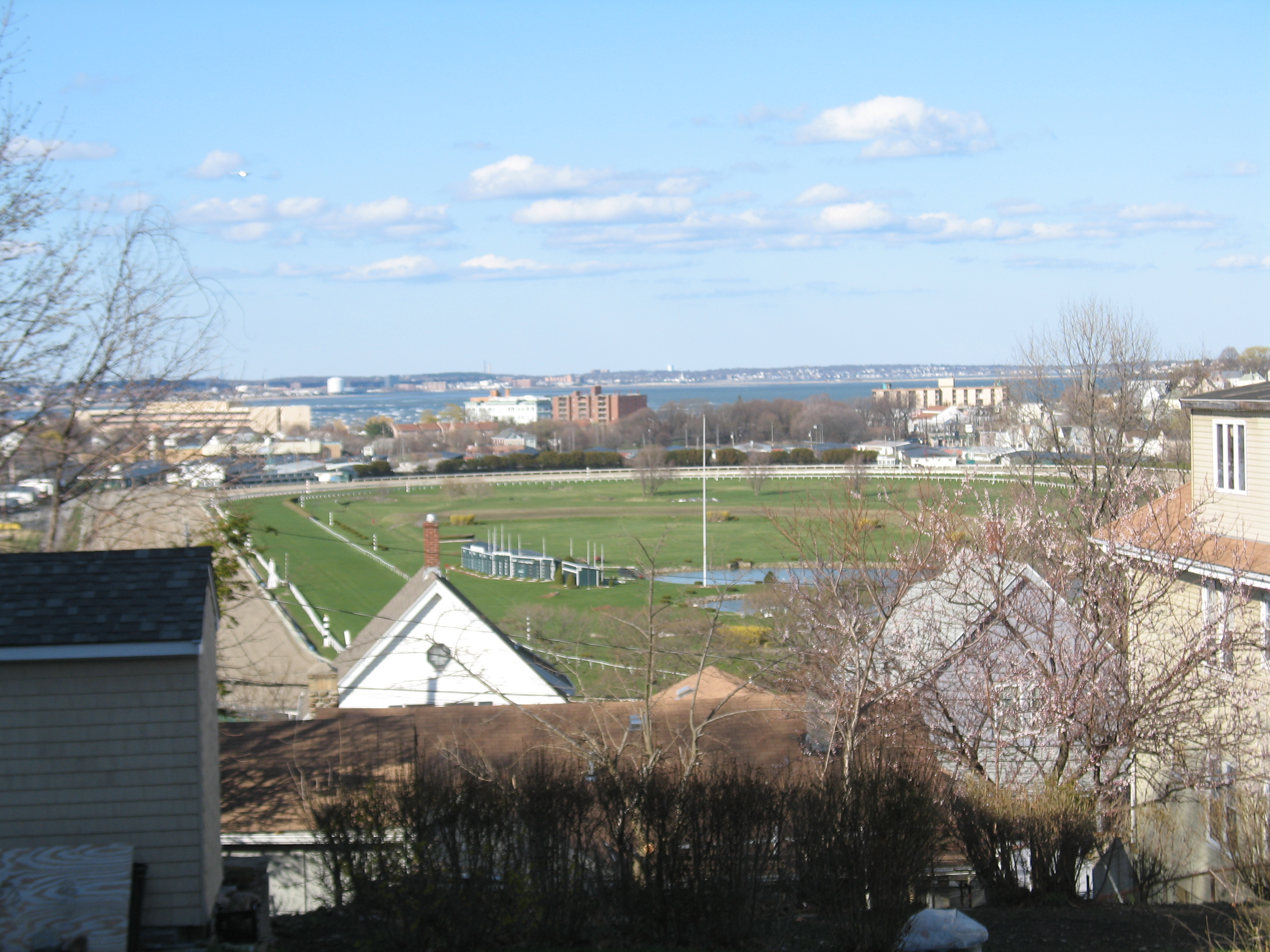Amazon’s Jeff Bezos. Photo: Steve Jurvetson.
On Oct. 20, Boston Mayor Martin J. Walsh released a formal proposal for Boston’s candidacy as the host city for Amazon’s second headquarters in North America. “As America’s city of revolutionary progress, Boston is the perfect fit for Amazon to build community, create opportunity and advance its world-changing mission,” Walsh wrote in the proposal.
Touting a talented workforce, the prestigious colleges and universities that supply the workforce and the existence of a transportation infrastructure, the proposal also notes that Boston is ready for the increased density Amazon will bring, stating, “The City of Boston released Housing a Changing City Plan in 2014, setting a goal to add 53,000 new units of housing by 2030. Today, 80 percent of this projected number of housing units has been built, permitted or planned.”
Amid the hype for Boston to host Amazon HQ2, residents and community organizations—especially those who live and engage in local activism in East Boston—have expressed plenty of housing concerns. Eastie residents are particularly worried because the bid focuses on Suffolk Downs, a racetrack that straddles the border of East Boston and Revere, as a potential location for the new headquarters.
Lisa Owens, executive director of City Life/Vida Urbana, said Boston is in the middle of the worst displacement crisis in decades, with mass evictions on the rise in East Boston, Dorchester and Roxbury.
Owens points to the corporate takeover of Boston as a significant contributor to rising rents and evictions. “The wave of development that came into the city post-foreclosure created a situation where these big corporations and banks … [were] able to buy up what used to be working-class housing stock and moved to create luxury, high-end apartment rentals,” she said. “We’re in a climate where large corporations have turned our housing stock into investment property. We’re in an environment where our community, our resources, our labor, our land, our housing is up for grabs for big corporations.”
While Owens acknowledged that the Office of Housing Stability is an important step in protecting marginalized residents, she said there is much more Boston could do to ensure the stability of working-class residents if a corporation like Amazon moves in. “Amazon coming here will most definitely impact the rent, wages, transportation, climate and future development for years and years to come,” she said. “The city needs to proactively protect the rights of working-class workers or else we’re [going to] be displaced.”
Gloribell Mota, lead coordinator of community organization Neighbors United for a Better East Boston, also pointed to displacement as a problem that could be exacerbated with Amazon’s arrival. “One of our major concerns is how any proposal will accelerate the displacement our community has been experiencing. We have witnessed rents in East Boston rise 22 percent in just one year [from 2012 to 2013] according to the Boston Business Journal.”
Owens said that the city should answer the following questions to assess readiness for large-scale developments:
- Will the City of Boston commit to putting policies in place that protect existing residents and working-class renters and homeowners from development-related displacement, in addition to its five-bill anti-displacement package currently making its way to the state house?
- Will the city put in requirements for living-wage construction and permanent jobs connected to this Amazon bid?
- Will Boston invest in the stability of working-class neighborhoods and families?
- Will the city share the development-related decision-making power and authority with working-class residents?
Owens said that City Life also signed on to a public letter that emphasizes that Amazon has responsibility to the city it settles in. She said she encourages the city of Boston to also sign the letter.

For long-term East Boston residents like Susanna Starrett, feeling disposable is not uncommon. Starrett said the neighborhood is diverse and tight-knit, but those qualities are being demolished by new, unwanted development. “The biggest changes [in East Boston] have happened in the past five to seven years. The development is out of control,” Starrett said. “I’ll drive down the street and suddenly the block is gone. Two months later there is a high rise. It’s crazy.” According to Starrett, her husband’s family relocated to Revere in the past couple of years because they could no longer afford the East Boston rent.
Like a previously proposed casino in East Boston, Starrett said that Amazon may very well end up being another battle to fight. However, she’s still investigating the proposal. “If [Amazon’s moving in] can fix things, that would be great. But the things they are proposing, they have been offered to us before.” Owens added that she was a bit wary of Amazon’s business practices.
Mota said that NUBE is not anti-development of all kinds. She said she wishes that the decision-making process was more inclusive.
“The traditional processes only serve to keep the status quo, and we are interested in development projects that serve the majority of the residents, not the few,” she said. “Just going to the neighborhood association is not enough or using the official political channels.The city and developers should use as many avenues to reach the public such as using the libraries, the public schools, the neighborhood health clinic, churches, non-profits providing services to our neighbors, as well as traditional civic associations.”
When residents’ voices, especially the voices of workers and people of color, are excluded from the conversation, the result frequently hurts them.
“There are real impacts for working-class renters and homeowners,” Owens said. “Amazon doesn’t get to treat them like an externality.”

Leave a Reply
You must be logged in to post a comment.